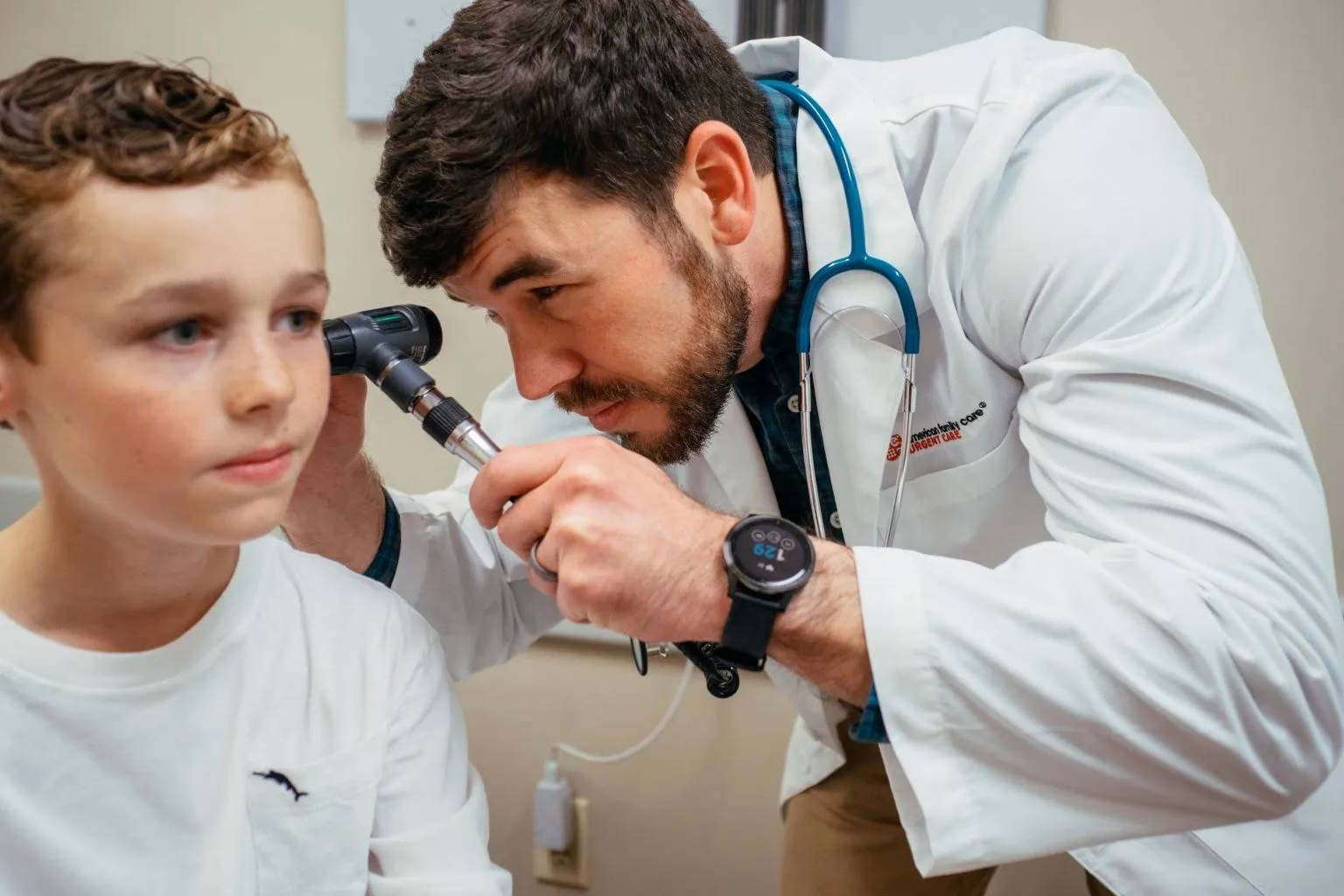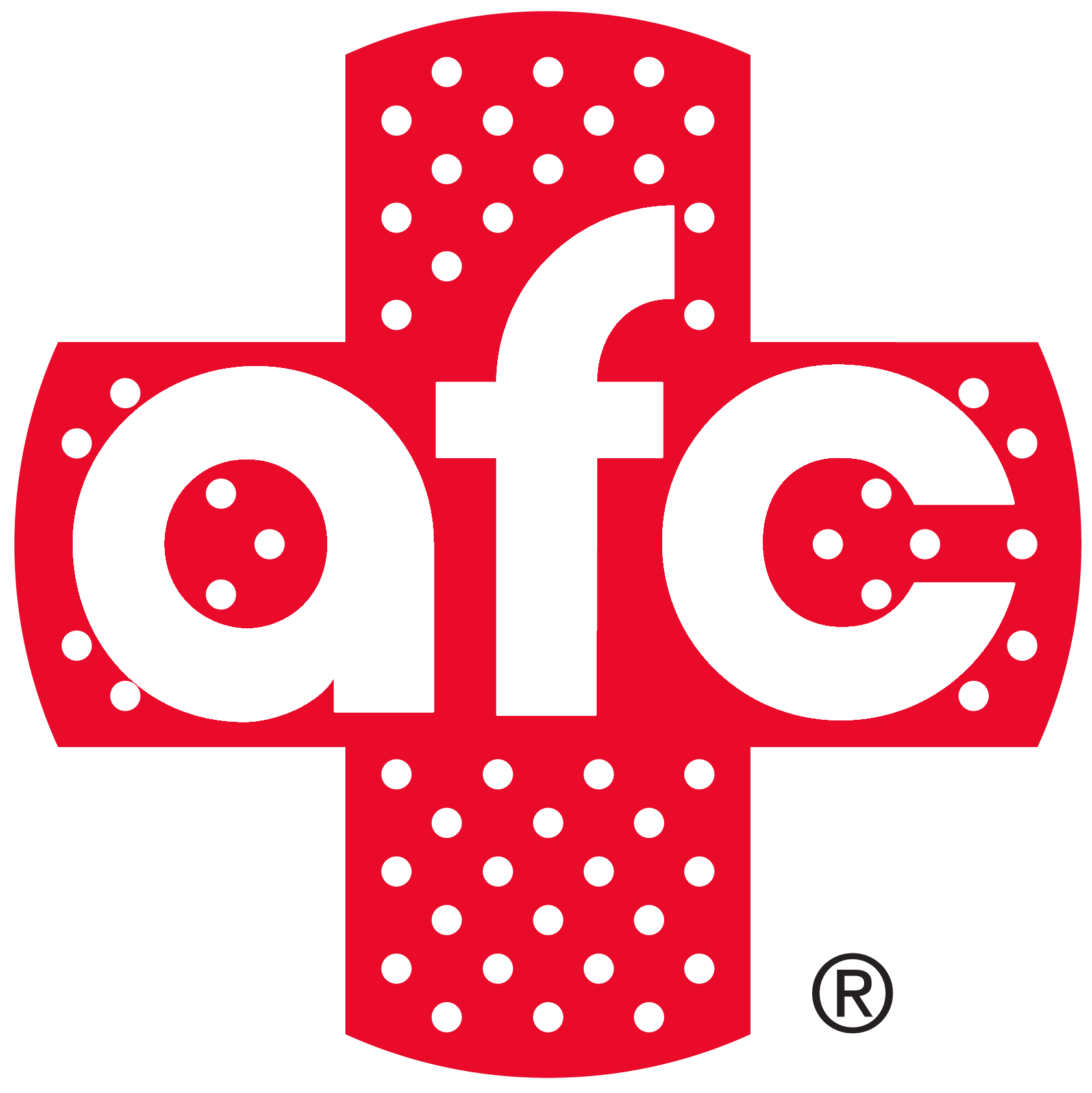Now Open M-F 7:30 am to 8:00 pm and Sa/Su 8:00 am to 5:00 pm
Find The Location Nearest Covid-19 Testing
We think you’re located in zip code 28078. Not Right?
Huntersville Seasonal Allergy Treatment Near Me
Fighting seasonal allergies? Get allergy treatment open 7 days a week. No appointment required.

Are you suffering from allergy symptoms that are making you miserable? At AFC Urgent Care, we understand that allergies can strike suddenly and disrupt your daily life. While we don’t offer allergy testing or allergy shots, our urgent care providers can offer you relief from your allergy symptoms and get you feeling better fast.
Pre-Register NowWhat Are Allergies?
Allergies are a reaction of your body’s immune system to a substance that is normally harmless. These substances, called allergens, can be things like pollen, dust mites, pet dander, certain foods, or insect stings. When you come into contact with an allergen, your immune system overreacts, as if it’s trying to protect you from a dangerous invader. This overreaction is what causes allergy symptoms.
Allergy Symptoms
Most mild allergy symptoms mimic those of the common cold. Some of the most common allergy symptoms we treat include:
- Sneezing
- Runny or stuffy nose
- Itchy, watery eyes
- Skin rash
- Wheezing or coughing
- Nausea or vomiting
When Should I Go to Urgent Care for Allergies?
If your allergies are causing significant discomfort that isn’t improving with over-the-counter medication or your usual regimen, AFC Urgent Care can help. If you experience the following, visit our clinic today.
- Trouble Breathing: Wheezing, shortness of breath, or chest tightness are worrying signs.
- Trouble sleeping due to congestion: Lack of sleep can worsen allergy symptoms.
- Facial swelling or hives that spread rapidly: This could signal a more serious allergic reaction.
- Eye infections caused by allergies: Constant rubbing and irritation can lead to infections.
- Skin Reactions: Hives, severe itching, or swelling that spreads quickly can be signs of a more serious allergic reaction.
Allergy Season in North Carolina
North Carolina’s beauty comes with a seasonal challenge for many residents: allergies. From spring blooms to summer grasses, knowing the allergy seasons can help you manage symptoms and enjoy the outdoors. Here’s a breakdown of North Carolina’s allergy seasons and common allergens:
- Spring (March-June): Tree pollen takes center stage. Watch out for oak, hickory, American beech, and river birch. Symptoms can peak in April.
- Summer (April-September): Grasses like Bermuda, ryegrass, and fescue take over. Pollen counts are typically highest in May and June.
- Fall (August-December): Ragweed becomes the main offender, peaking in September. This weed allergen can cause significant issues for people with allergies
Other Common Allergens in North Carolina
- Mold Spores: High humidity makes North Carolina a breeding ground for mold. Spores can be present year-round, but summer (July-October) often sees higher counts.
- Dust Mites: These year-round critters thrive in warm, humid environments. Regular cleaning and dust mite control measures can help.
- Pet Dander: If you share your home with furry friends, you might be sensitive to their dander.
 How Can We Help?
How Can We Help?
- PATIENT SERVICES
- COVID-19 SERVICES
- TELECARE
- EMPLOYER RESOURCES
- PATIENT RESOURCES
- ABOUT US

Don't wait to get the medical attention you need.
CALL US TODAY | (980) 306-5911


